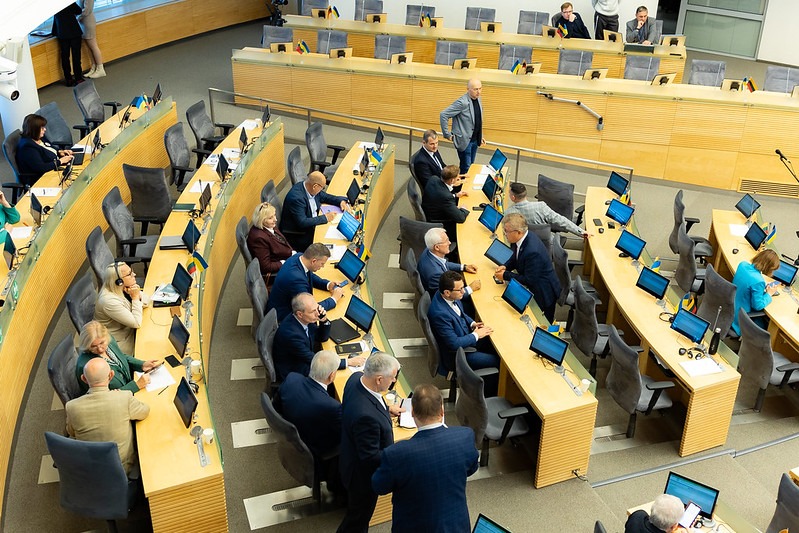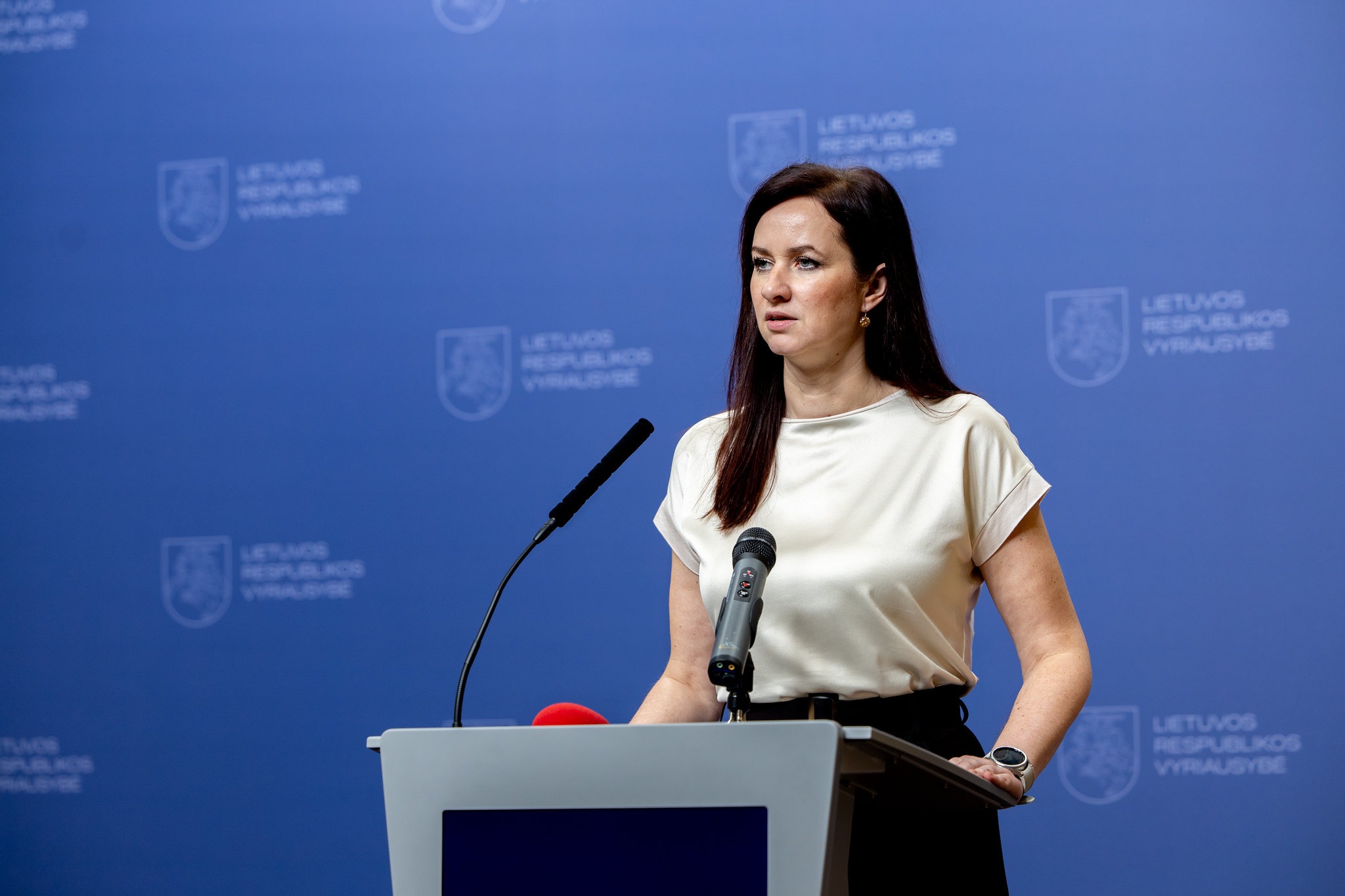
Main narratives:
- General anti-government sentiments;
- The incompetence of the current government;
- Malign Western influence.
Overview:
This past week, Kremlin-aligned media continued to focus on Lithuania’s proposed real estate tax, seizing the opportunity to accelerate public anger and distrust in the government. Coverage emphasized arguments that, while officials claim the tax is standard practice in the West, they conveniently omit the fact that Western countries also “provide far more generous pensions”. This comparison was used to frame Lithuanian leaders as out of touch and misleading, pushing a narrative that the tax burden is unfairly placed on “ordinary” citizens.
Protests against the real estate tax were also portrayed as signs of a more profound political crisis. Kremlin-aligned voices claimed the government was deliberately “withholding information” and misleading the public, while demonstrators were depicted as part of a growing wave of resistance. Malign actors relied on slogans like “people are finally waking up” and accused the political elite of arrogance and manipulation. The protest was used to critique democratic institutions and actively push anti-government narratives.
At the same time, significant attention was given to U.S.-Ukraine relations. Kremlin-aligned narratives insisted that the West is intentionally prolonging the war by rejecting peace efforts and choosing “continued bloodshed” instead. These stories were used to draw a parallel between Lithuanian authorities and West leaders, accusing both of the sides of purposefully avoiding the peace.









